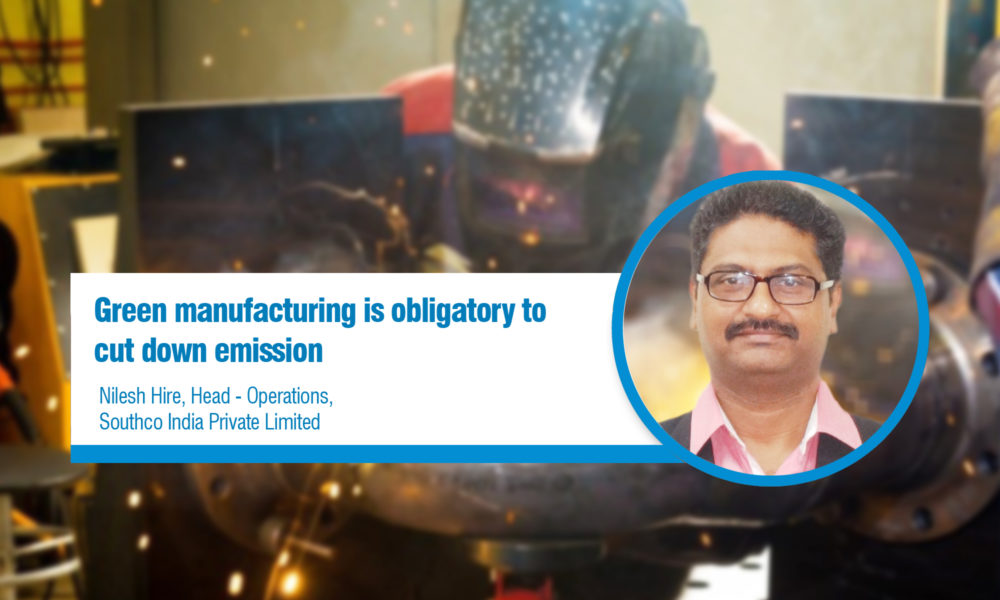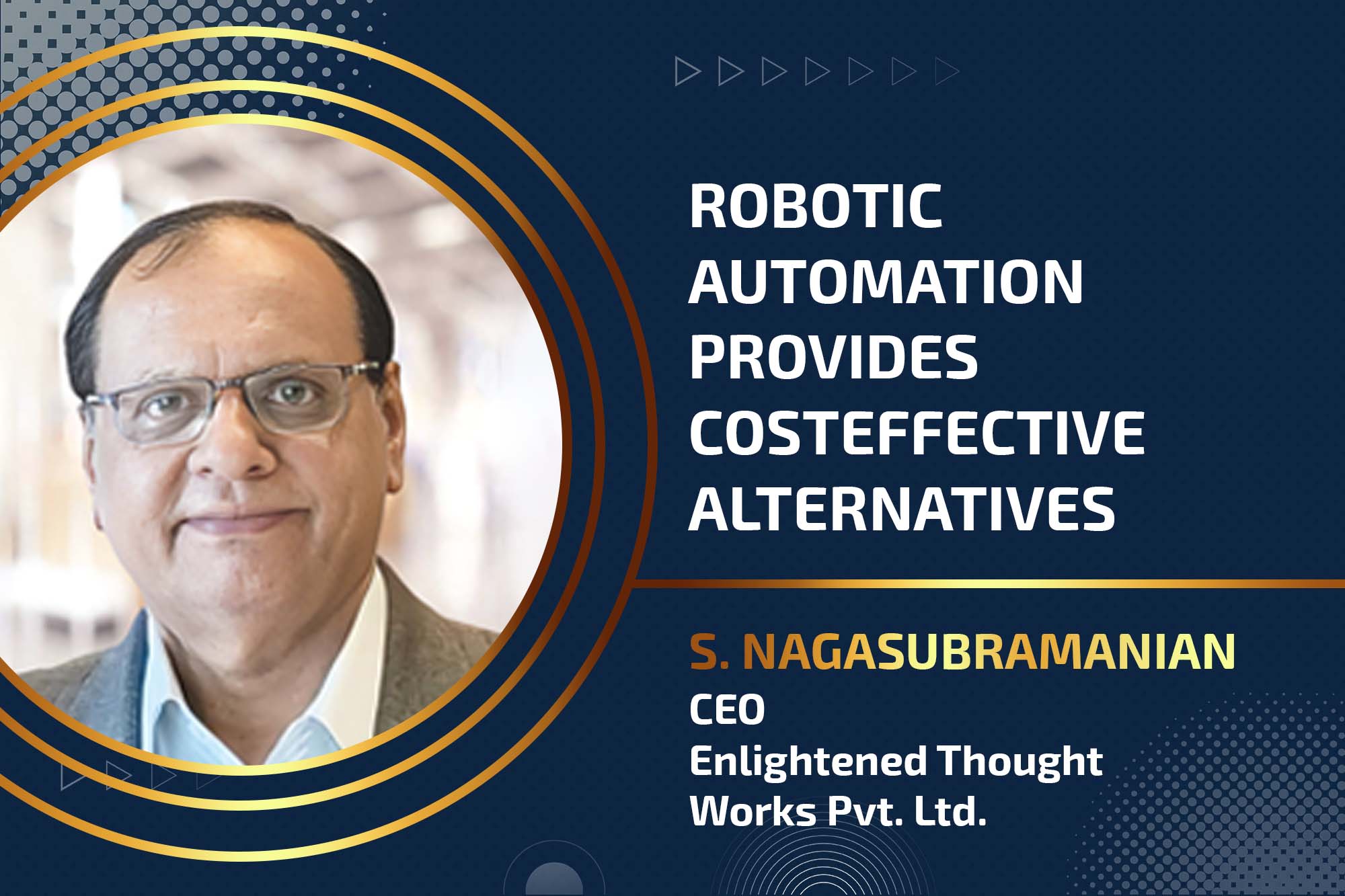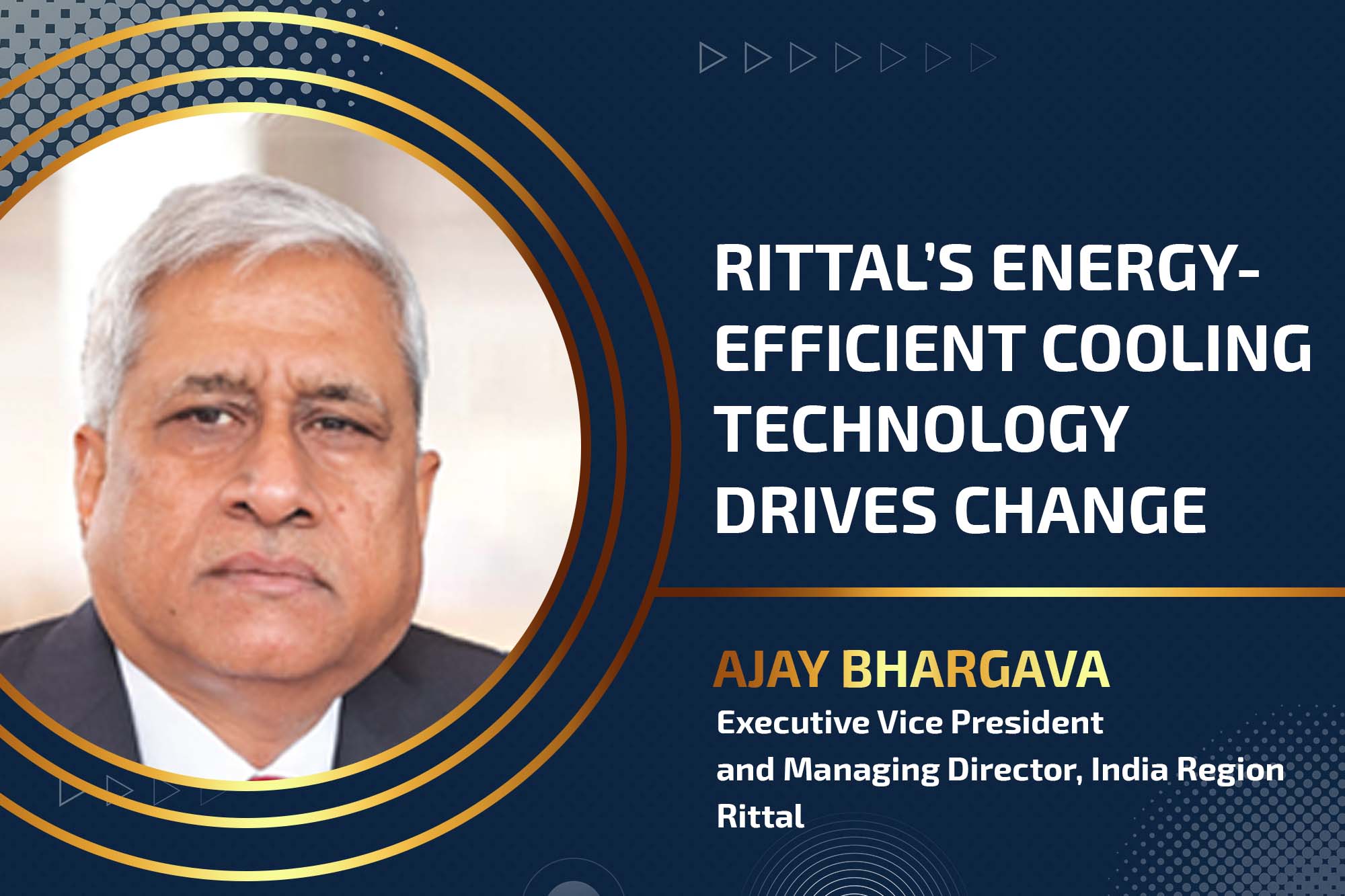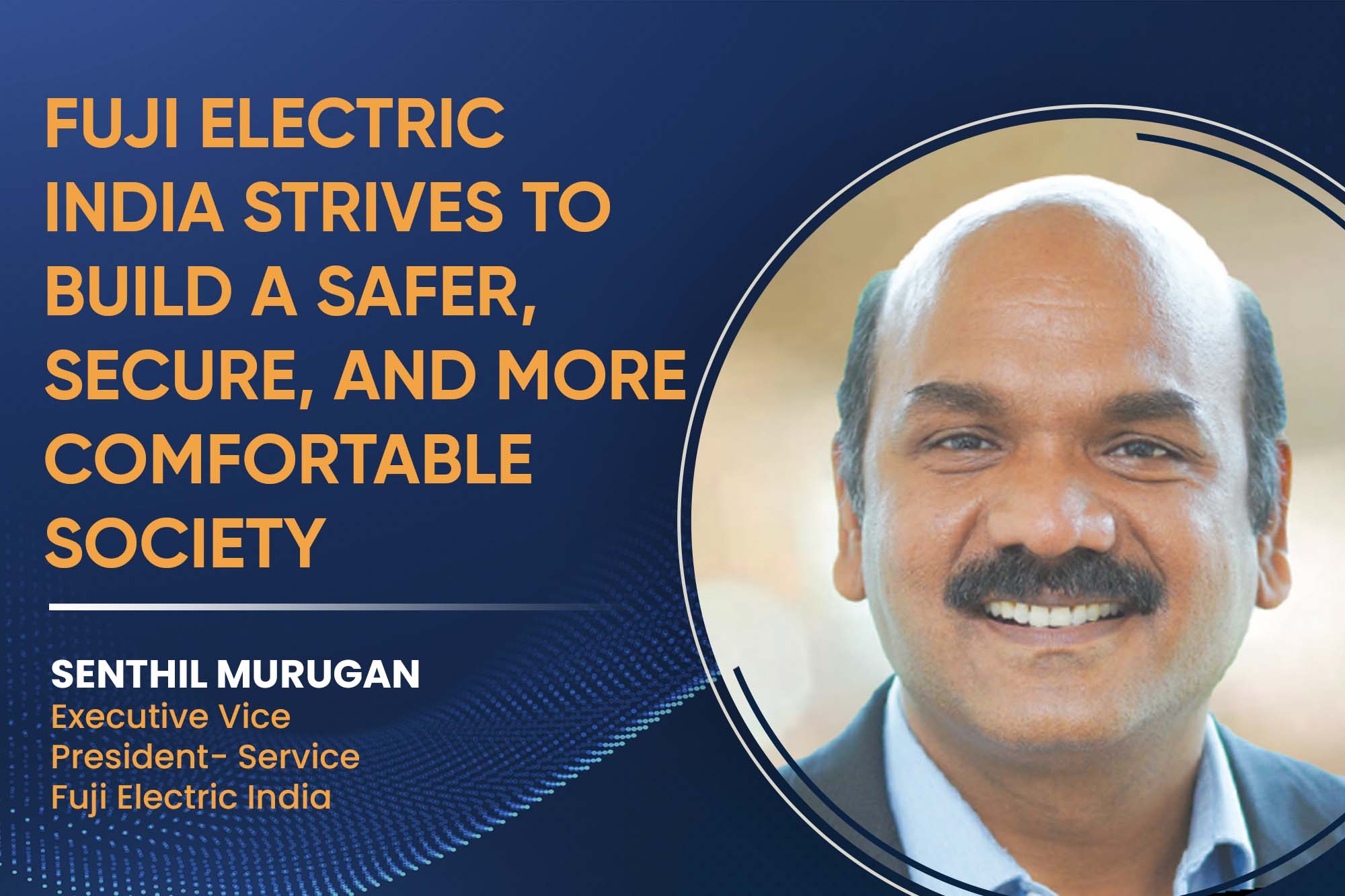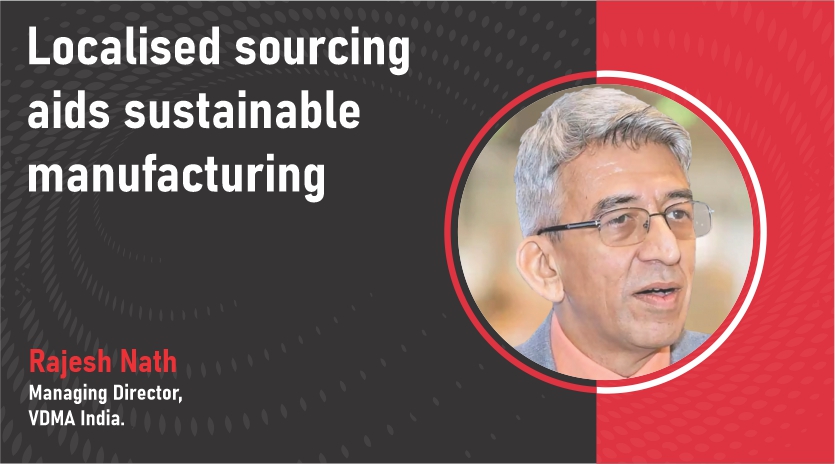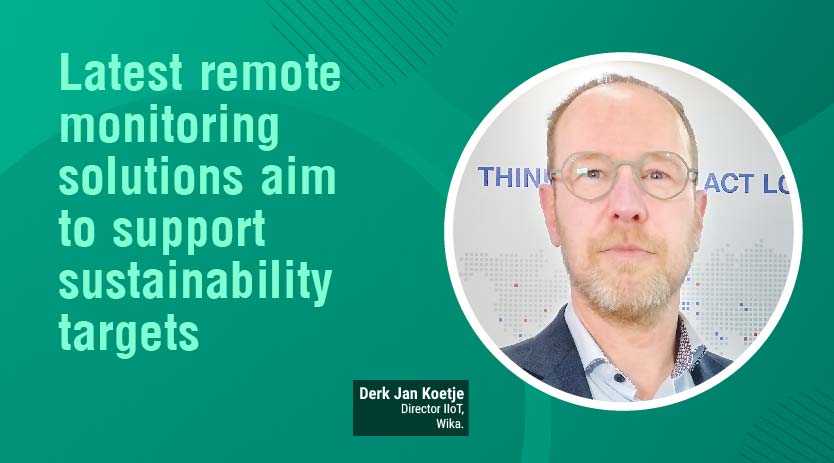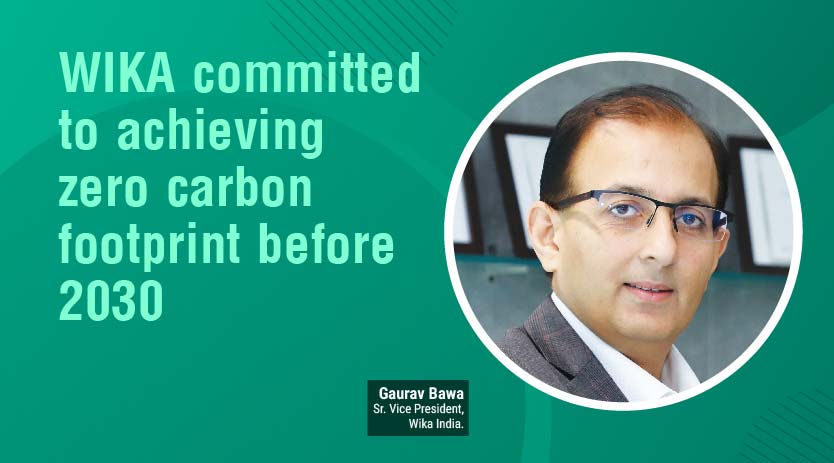Green manufacturing is obligatory to cut down emission
By OEM Update Editorial July 9, 2019 3:08 pm IST
Nilesh Hire, Head – Operations, Southco India Private Limited, highlights the potential requirements of localised manufacturing units in India, putting an onus in making efforts to cut down on emission and improve the fuel efficiency for a safe and sound environment.
Make in India was said to be the dawn of New India. What do you think has Make in India made for India’s manufacturing sector?
This is indeed the dawn of a ‘New India’ for the manufacturing sector. ‘Make in India’ is one of the progressive initiative under the guidance of Prime Minister Narendra Modi, which has gathered global support. Southco India is making several efforts to localise the assemblies and support Make in India. Last year, the labour hours were extended by 7,000, at Southco India, and are planning to add another 5,000 hours, this year, to their Indian manufacturing facility.
How do you view Digital India’s efforts to empower India in the absence of IT awareness programmes in machine tool industry? How can Digital India be more user-centric?
The machine and tools industry is cognisant on essentialities of IT, the manufacturers are not making aggressive use of it. IT generally intensifies cost, and infrastructure, required to facilitate, it’s expensive even in a typical machine shop. Moreover, there is no regulatory on overall IT cost at the government level. Standardising the commercial structure can flourish Digital India tool quite at large. On the other hand, big machine manufacturers like Anger, AgieCharmilles, Toshiba, etc., are widely using IT for data integration and close loop communication systems, which is definitely making digitalisation highly user-centric. Nevertheless, Southco India is concentrating more on digitalisation of our work and data integration, with SAP. Specifically, we are using a ‘Mattec’ system that allows Southco machines to send data directly to the system through IT infrastructure.
Locally manufactured IT infrastructure is smartly evolving in the Indian market and I’m sure one day, the Indian manufacturing industry will become effusively digitally enhanced and user-centric.
What do you think needs to be done to reboot and realign the priorities of Make in India and Digital India so as to turn India into a genuine manufacturing heavyweight?
In order to promote the Make in India concept, elementary resources must be made accessible for establishment of manufacturing facilities. Foreign investors are willing to support Make in India initiatives,as they see huge potential and cost effective opportunities in India, contrasted with other well-known manufacturing locations, such as China.
Prime Minister Narendra Modi have eased the licensing processes, facilitating the OEMs like Tata Motors and Ford Motors, to enter. This practice is still being followed in Gujarat, so whenever an OEM approaches GIDC to set up a manufacturing facility, the government ensures meeting of the concerned departments, and provides clearances within a short time. While some states like Karnataka and Tamil Nadu are in fact proactive and attract investments, most are still lagging behind.
Similarly, digitalisation also needs a boost. High speed internet, a faster communication platform for global connectivity, data interface mechanisms at lower cost and services availability on smart mobile devices will help with rapid digitalisation of India. Smart cities enhance the existing living conditions, which may also reduce brain drain, further providing assistance in the development of all the regions, including remote corners, as well aslarge cities and more developed States.
How is Southco contributing towards India’s manufacturing needs?
India is growing economy, so is the market demand. Southco foresees stunning growth in automotive, off-highway and railway sector, and are upgrading our manufacturing facility, complying with this growth. Southco India, with the help of our corporate headquarter in the US, is focusing more on technology transmissions to the country.
Our highly skilled engineering department works 24/7, to customise products for local needs. We are delighted that Southco India not only provides solutions for local markets, but also exports products to global destinations. These products are designed, tested and manufactured locally. For instance, Southco India, now, has its own testing chamber and what was earlier sent for durability tests to the US or China is now mostly tested locally. Assembly lines are equipped with high-tech equipment, which assembles and tests the parts simultaneously. ‘Mattec’ helps gather data digitally for future reference.
There is an increasing pressure on manufacturing companies to keep their prices low in a highly competitive market. How are you reducing costs at the manufacturing level?Today’s market is cost driven. Competition is soaring and to keep their heads up, manufacturers need to maintain a low cost. It is a tough task, as variable costs like electricity, salary, consumables and transportation keep rising year over year. Controlling fixed cost is a challenge, but variable cost can be controlled using lean manufacturing techniques.
At Southco, by using continuous improvement and value stream mapping, we achieve substantial improvement in productivity. To keep our overhead cost low, a team of engineers are deployed to drive and follow global templates, such as process improvements, cost reduction without compromising quality, increasing runrates, reduction in manpower and sourcing parts from the local supply chain.
Is manufacturing industry going green? What is your company’s contribution towards the same?
Of course, it is! Manufacturing processes are going green. Water is being treated and used for gardening. Air conditioners are using eco-friendly gas, shifting from R-12 to R-32 and then eventually, to propane R-290 and R-600A, which are the greenest gases. Automotive industries in particular, have a key role in the green initiative. Persistent efforts are being made to condense the emission levels. Indian manufacturers are on the verge of introducing BS6, which has very stringent norms for emissions and fuel efficiency.
Similarly, plastic industries are focusing on recycling material without hampering product quality and lifecycle. Southco is adding a global infrastructure to reuse runners wherever possible in consultation with their customers. Southco India is also looking forward to do the same. To conserve energy, all lighting systems have been replaced with LEDs. With our upcoming facility expansion, sewage treatment plant (STP) and rain water harvesting will also be in place. STP will allow us to use waste water for horticultural. In the future, Southco India will also use solar system for office and outside lighting.
Some green initiatives have already been taken with more planned in the next few years. One thing is sure –Southco will drive green culture and support the environment.
How do you view your industry’s robust roadmap for the future?
The future is very bright. With a rapidly growing economy and the Make in India initiative, India is laying a robust roadmap for aggressive growth.
Southco caters to a set of industries of automotive, off -highway, construction, defence, railway, electrical and industrial machinery. All these sectors are performing well in India, especially off-highway and railway. Industry is expecting a substantial growth in the coming years, and we have prepared a robust growth plan to achieve our operational goals through 2022. No doubt, the path to success is not so easy to tread, but a healthy and vigorous roadmap will help achieve the desired results into the future.
The machine and tools industry is cognisant on essentialities of IT, the manufacturers are not making aggressive use of it.
Nilesh Hire, Head – Operations, Southco India Private Limited
Cookie Consent
We use cookies to personalize your experience. By continuing to visit this website you agree to our Terms & Conditions, Privacy Policy and Cookie Policy.



